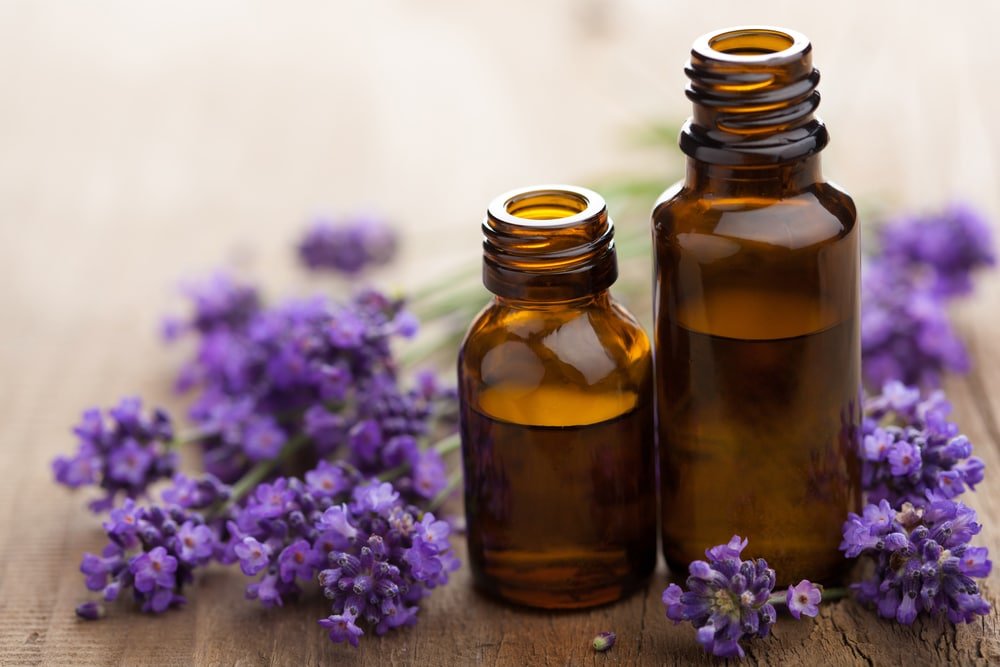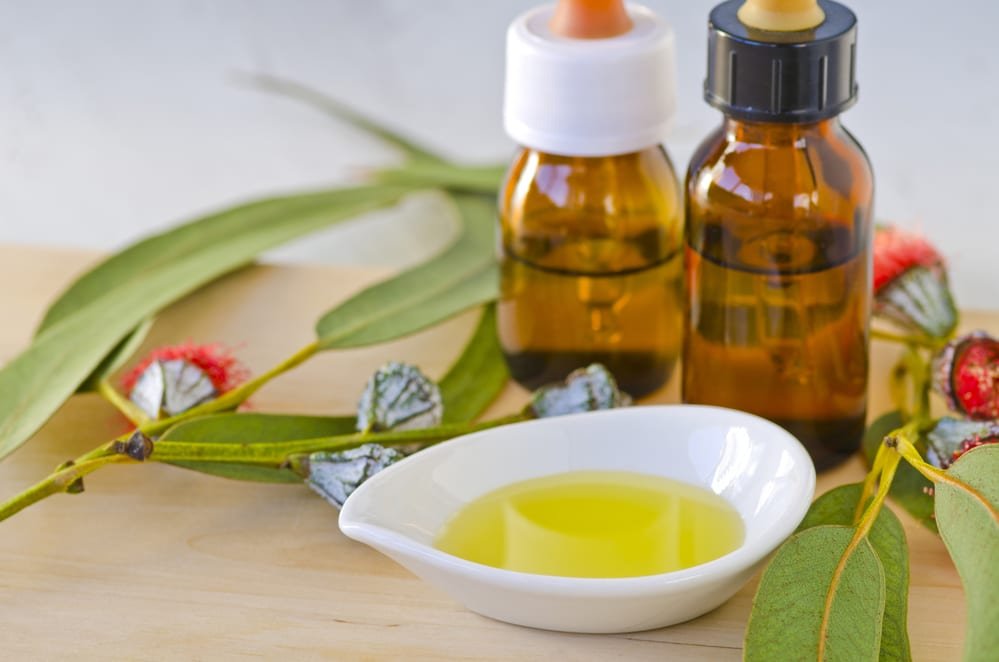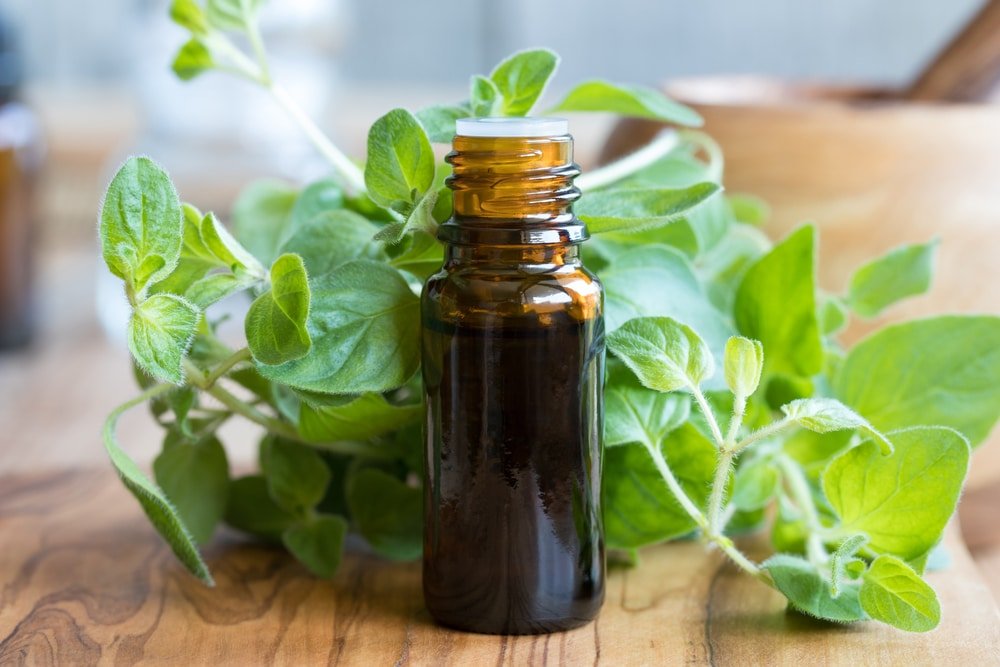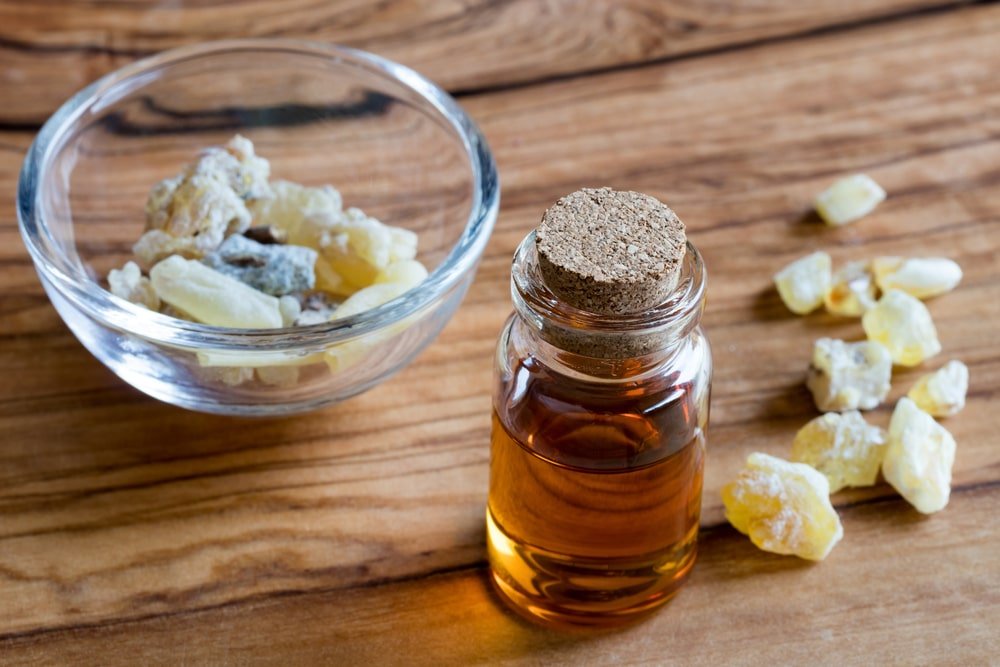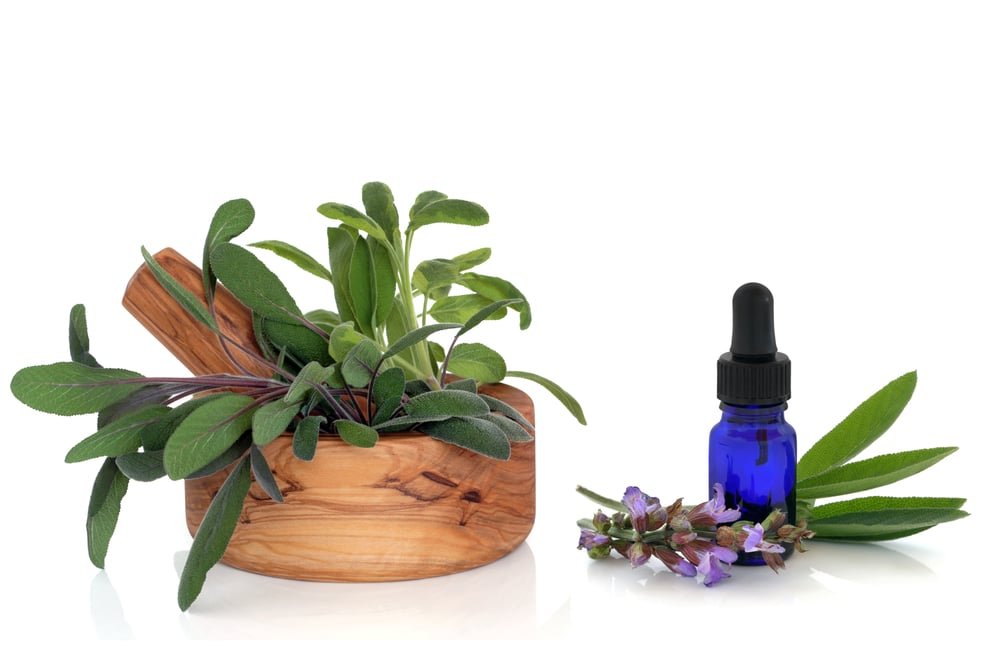Essential Oils for treating Allergies includes lavender essential oil, peppermint essential oil, chamomile essential oil, eucalyptus essential oil, lemon essential oil, basil essential oil, tea tree oil, oregano essential oil, thyme essential oil, lemongrass essential oil, clove oil, frankincense oil, and bergamot oil.
What are Allergies?
Allergies are conditions in which the immune system of the body reacts abnormally to a foreign substance. Almost everyone has one allergy or the other and some of the most common allergies includes drug allergy that has to do with the immune system reaction to medication, food allergies that has to do with the immune system reaction to certain foods, latex allergies that has to do with contact to certain foreign substance, contact dermatitis that has to do skin rash resulting from contact with certain substance. Also we have seasonal allergies that occur in certain seasons, the body response with itchy, watery eyes, sneezing and other similar system. There is animal allergies which is the immune system reaction to proteins in an animal’s skin cells, saliva, urine or both.
13 Surprising Essential Oils for Allergies
Did you know that aromatherapy can be used an effective way to treating allergies? Breathing in essential oils is not only offers therapeutic benefits, but can also relieve allergy symptoms. Some popular ways of using essential oils for treating allergies include:
- Using them in spa and bath products
- Diffusing the scents in the air
- Spraying essential oils in the air
- Breathing the oils from a container
1. Lavender Oil
is known for its remarkable healing properties, but that’s not all it is famous for. The oil helps combat stress. While stress may not may not be the cause of a runny nose, it certainly aggravates allergic symptoms, making them much worse. Lavender oil also acts as a natural anti-inflammatory and antihistamine substance, which can reduce irritation and inflammation.
How to Use Lavender Oil
Use the oil topically to reduce inflammation. You can also use it in room diffusers to for long-term protection against seasonal allergies.
2. Peppermint Oil
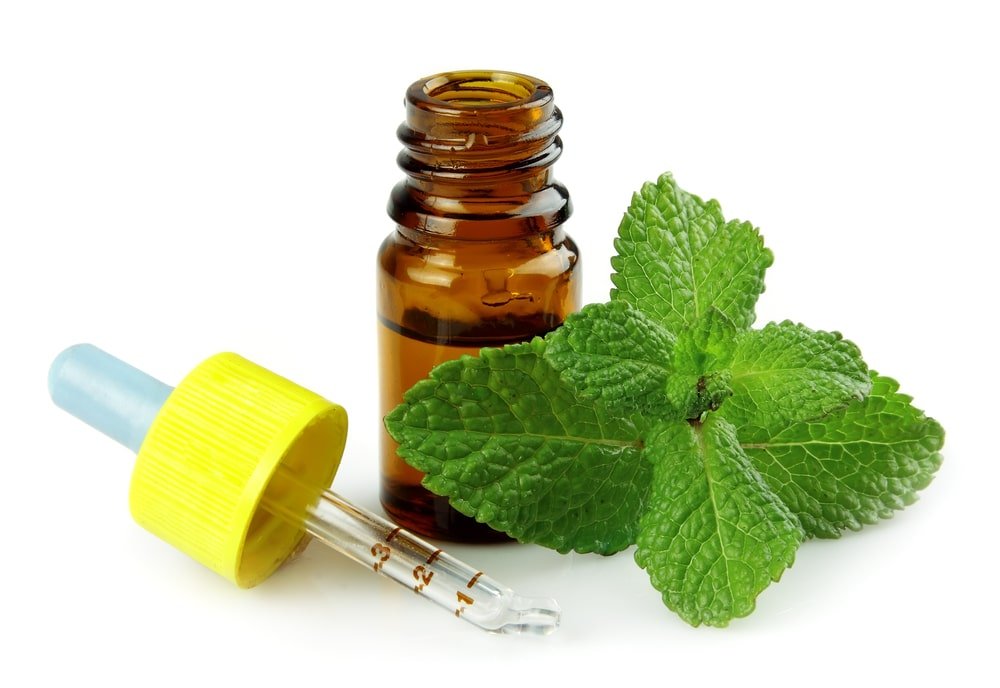
This minty scent can effectively clear sinuses and provide relief to your sore throat. Peppermint oil also does an excellent job in reducing inflammation and has the power to effectively discharge phlegm. According to an animal study, peppermint oil can relieve allergy symptoms and put an end to all that sneezing.



How to Use Peppermint Oil
Simply use a drop of peppermint oil in a neti pot containing distilled water or circulate it in the air using an air diffuser.
3. Chamomile Oil

Chamomile is a soothing herb that helps with a wide array of allergic reactions. You can use it to soothe red skin rashes and itchy skin caused by inflammation. Inhaling Chamomile oil offers faster relief against cough and cold symptoms.
How to Use Chamomile Oil
Make yourself a soothing cup of chamomile to treat nausea, abdominal pain and vomiting.
4. Eucalyptus Oil
offers numerous benefits, but it is primarily known for its an-allergy properties. In fact, the menthol oil offers the same results as commercial rubs that are used to open up nasal passages. Eucalyptus oil effectively breaks up phlegm and mucus, offering some relief to people who can’t stop sneezing.
How to Use Eucalyptus Oil
You can use the oil in a diffuser or put a drop in a neti pot. When using the neti pot, tilt your head over the sink in a 45-degree angle and gently dispense the solution into the nostril. If you are willing to go through the trouble, you can also make your very own oil steam inhaler. Simply allow a pot of water to boil and add 1-2 drops of eucalyptus oil and breathe in the steam.
5. Lemon Oil

If you’re looking for a natural remedy for your allergies then consider using lemon essential oils. According to a study, the oil plays an active role in decreasing phlegm. This proves that lemon essential oils have an effective anti-inflammatory punch that can treat asthma symptoms.
How to Use Lemon Essential Oil
Aside from lemon, you can use other citrus essential oil to relieve allergy symptoms including grapefruit and mandarin. For effective results, add a drop of the oil in a glass of water and drink it. Drinking this solution will keep your allergies at bay.
6. Basil Oil

According to research, basil does a great job in stimulating adrenal glands that can help the body overcome a number of allergic symptoms. Thanks to its anti-allergy properties, basil oil can reduce mucus membrane inflammation and ease trouble with breathing.
How to Use Basil Essential Oil
To ease allergic reactions, mix one part basil oil with one part coconut oil. Place a few drops on the area above your sinuses, temples or chest to prevent allergic symptoms altogether.
7. Tea Tree Oil
is known for its anti-inflammatory and antioxidant properties that stop the release of histamines. It also boosts the immune system and offers relief to all kinds of allergic reactions.
How to Use Tea Tree Oil
This oil is often used in a diluted form. You can apply it topically to relieve inflammation. This makes tea tree oil a common ingredient for soaps and shampoos. This essential oil protects the skin against unwanted allergic reactions and much more.
8. Oregano Oil
is not only great for adding a tang to Italian recipes, but also offers several antimicrobial and anti-fungal properties. This plays an essential role in killing bacteria and curing allergy symptoms.
How to Use Oregano Oil
Use the oil by adding it into a diffuser. Simply add a drop and let the essential oil work its magic to ward off inflammation and treat allergies. It should be kept in mind that this is an incredibly strong oil, which must not be applied directly on the skin.
9. Thyme Oil
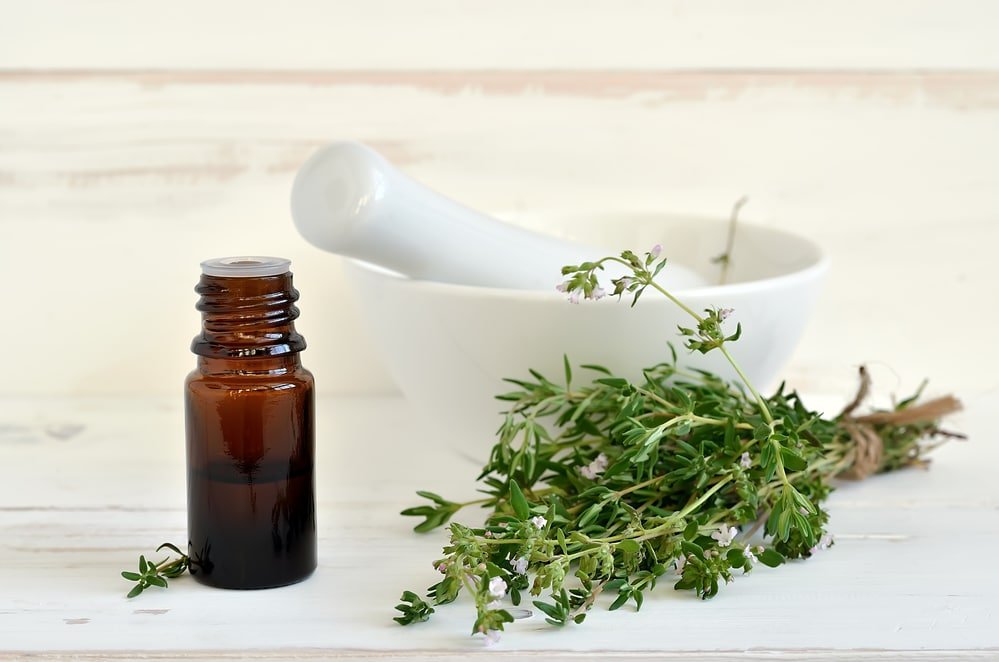
Thyme is a popular remedy for treating respiratory problems such as asthma. This work as an anti-spasmodic and reduces inflammation. Thyme oil also plays an integral role in inhibiting allergic responses and inhibits the release of histamines.
How to Use Thyme Oil
Add a few drops of the essential oil in a boiling pot of water and inhale the steam deeply. This will soothe the allergic response, allowing you to relax.
10. Lemongrass Oil

Headaches and muscle cramps are among the lesser known allergic reactions that lemongrass can tackle well. The anti-spasmodic and anti-inflammatory properties of Lemongrass Oil does an excellent job in treating the uncommon symptoms of an allergic reaction.
How to use Lemongrass Oil
You can apply the oil directly on the inflamed area or your temples to reduce headaches, though it is important you dilute it first.
11. Clove Oil
is best known for its high concentration of antioxidants that can strengthen the immune system, allowing it to function more responsibly. With a stronger immune system, you’ll be able to tackle allergic reactions more responsibly. The analgesic and anti-inflammatory properties of the clove oil reduces the discomfort caused by allergic reactions.
How to use Clove Oil
Dilute a few drops of clove oil in coconut oil and apply it on to the inflamed area. This inhibits irritation and causes relief to the affected area.
12. Frankincense Oil
is considered as among the best essential oils for allergies. The product offers almost instant relief from inflammation and coughing. The oil works by calming the immune system’s response and soothing the allergic reaction.
How to use Frankincense Oil
For long-term effects, mix a few drops of the oil. Soak in the bath for about half an hour allowing your skin to soak the anti-allergic properties. You can also benefit from the oil by inhaling it.
13. Bergamot Oil
offers antibacterial, anti-inflammatory and anti-asthmatic properties that boosts the respiratory system. Bergamot Oil works by toughening up the immune system, allowing it to put up a better fight when exposed to allergens.
How to use Bergamot Oil
Add a few drops of Bergamont oil into a steaming pot of water and inhale deeply. The essential oil contains aromatic compounds that will sooth your respiratory systems.



Join the 7‑Day “Better Gut” Plan
Pop in your email and we’ll send Lesson 1 + the printable list.






